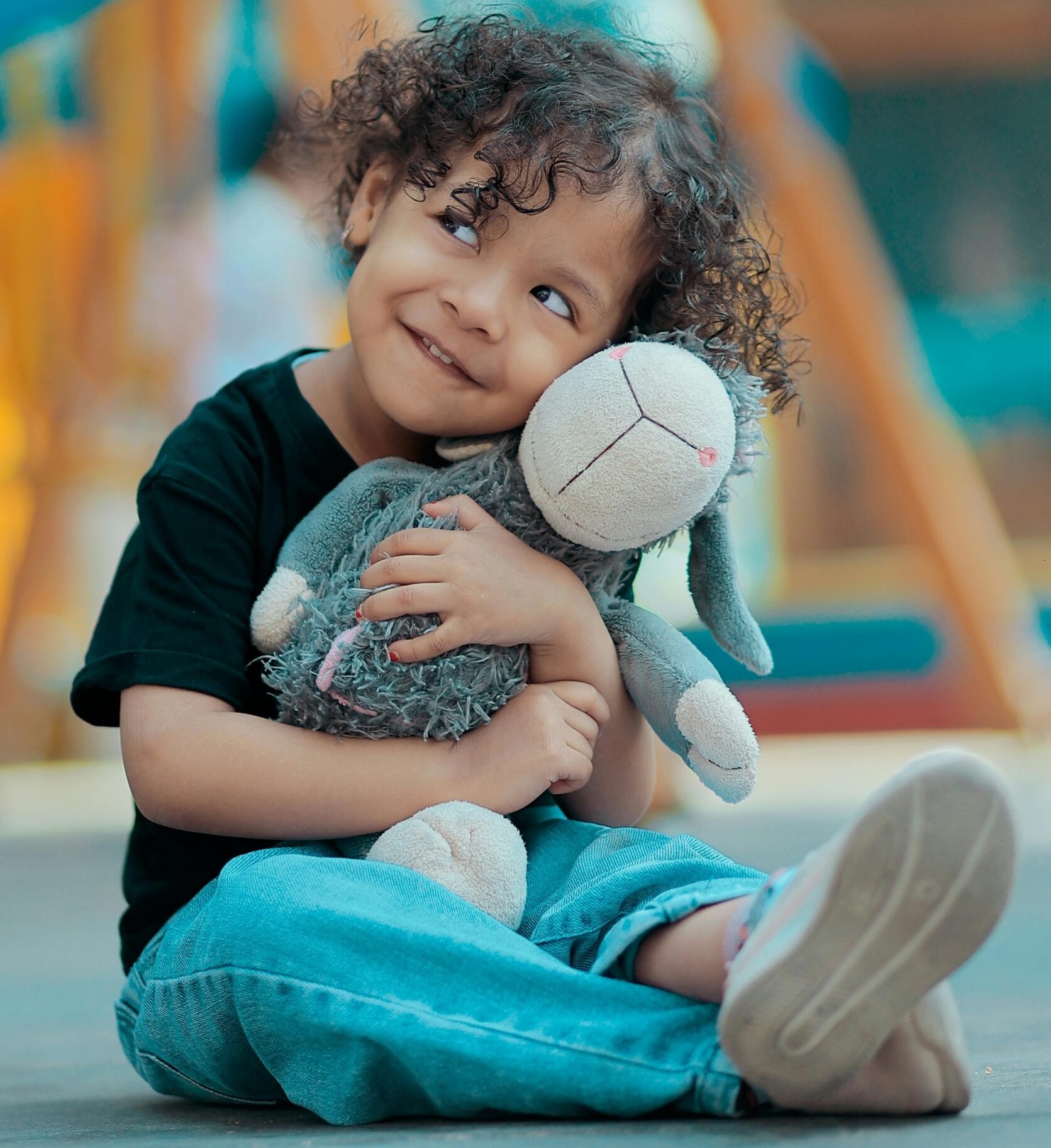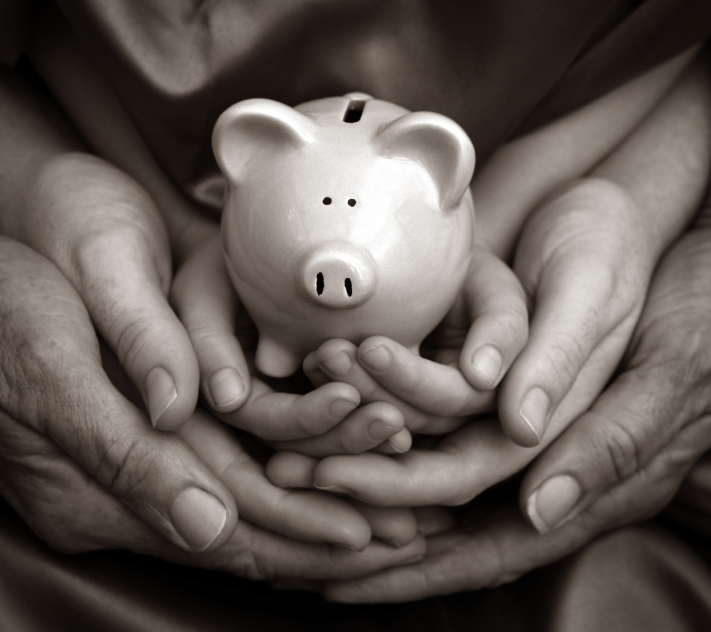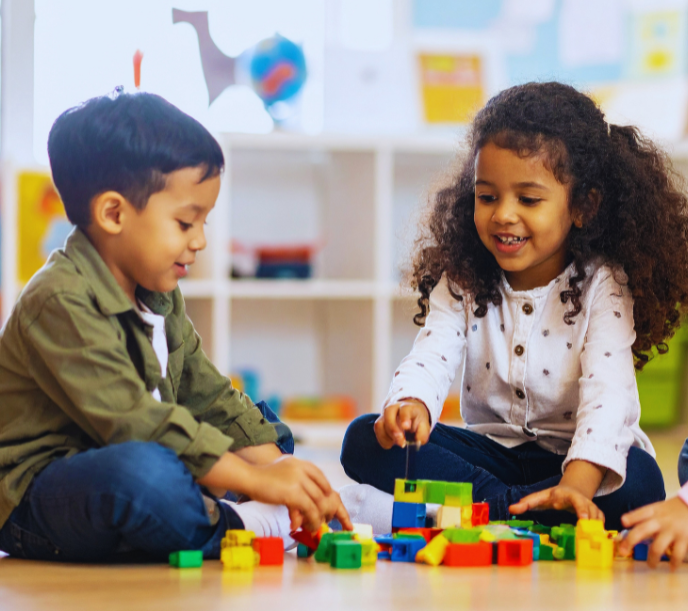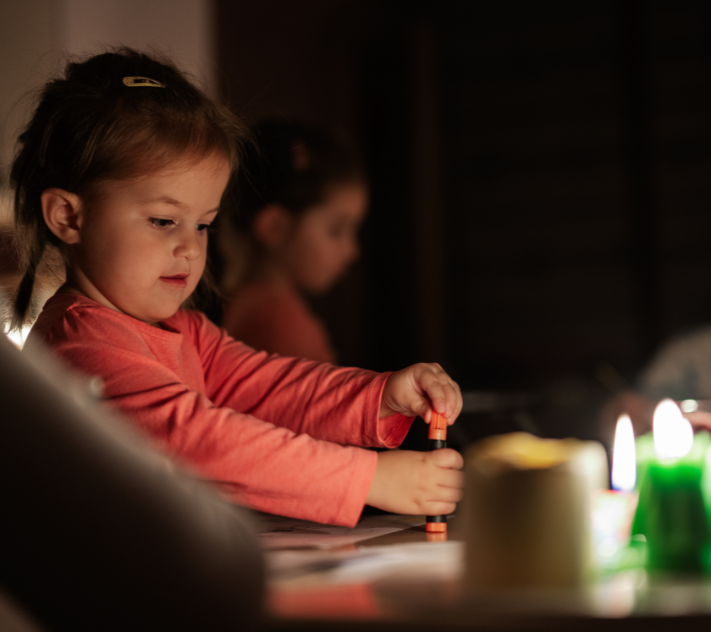Big Feelings for Little Kids: Activities for Preschoolers to Learn About Emotions
May is a great time to focus on activities for preschoolers about emotions as it’s Mental Health Awareness…

May is a great time to focus on activities for preschoolers about emotions as it’s Mental Health Awareness Month. May 8th is also National Children’s Mental Health Awareness Day, bringing much-needed awareness to the role mental health plays in everyone’s well-being, from preschoolers to senior adults.
Nearly 1 out of 5 American children between the ages of 3-17 have a mental, emotional, developmental, or behavioral disorder. Young children often have big emotions as they learn to navigate and articulate how they feel. And some children exhibit signs of autism, anxiety disorders, and attention-deficit/hyperactivity disorder (ADHD) at an early age.
Support your little one with activities for preschooler about emotions to foster their social-emotional development. Check out our mental health insights for young kids below.
Why does mental health matter to kids?
The Center on the Developing Child at Harvard University highlights research that shows that there is a direct link between children’s early experiences and environmental exposures and their lifelong mental health. Adverse Childhood Experiences, or ACEs, are traumatic or adverse events that occur in childhood (0-17 years). The Chicago Longitudinal Study, led by Arthur Reynolds, PhD, at the University of Minnesota, is a long-term research project tracking the life outcomes of children who are low-income in Chicago to assess the impact of early childhood education programs like the Child-Parent Center. New findings from this study show that children with ACEs have better long-term educational outcomes, like graduating from high school, when they participate in quality early childhood education. In addition, children with quality early childhood experiences and positive parent-child and teacher-child relationships have a lower incidence rate of ACEs. Furthermore, DPP’s research shows that helping families reduce their preschool costs reduces stress, improving parent-child relationships.
Said a little simpler:
- Mental health matters early on in a child’s development and overall health.
- For preschoolers, meaningful relationships with caregivers and teachers can improve overall mental health and reduce the impact of ACEs.
- Quality preschools, like those with whom DPP partners, improve children’s success in school, at home, and later in life.
What is considered positive mental health for preschool children?
Positive mental health for preschoolers starts with positive adult relationships. When children feel safe and supported, they can better experience their feelings and needs. As children age, their ability to experience, express, and manage an array of emotions is an important developmental milestone. Positive mental health in children also help sthem broaden their social skills and grow their curiosity and learning abilities. While every child develops differently, the Playbook from the Colorado Department of Education outlines general milestones and ways to support children from 0 to 5.
Activities for Preschoolers to Learn About Emotions
Whether you are a teacher, parent, family member, or friend, there are many ways you can help young children understand and express their emotions and support their mental health. Here are a few ideas to get you started:
- The American Montessori Society offers 6 ways to support early childhood mental health. Focusing on joy and regulating your own emotions are a few of their suggestions.
- Calm down bottles, a comfort space, or a friend album are three activities you could do in your classroom or your home to foster mental health acceptance and understanding with your little one.
- The Kids Mental Health Foundation offers great insights to help your preschooler name emotions, including a feelings meter and feelings chart.
- PBS Kids offers many great resources and activities for helping little ones manage emotions, calm down, and more.
- The Sesame Workshop provides research-based resources for the whole family that support emotional well-being.
- The Colorado Office of Early Childhood provides age-appropriate social-emotional development tips and resources.
- There are a plethora of great videos to share with young children about mental health, feelings, and more, including these:
- Healthy Minds, Thriving Kids Pre-K video series
- Feelings and emotions song for kids
Supporting Your Child’s Well-Being: Free Early Childhood Mental Health Consultation
Colorado offers free Early Childhood Mental Health Consultation (ECMHC) services to support families, children, and early childhood providers. Mental health consultants partner with families and educators to promote young children’s healthy social-emotional development, address behavioral concerns, and create nurturing learning environments. Services are strengths-based, confidential, and available statewide at no cost to families.
To learn more or request support, visit the Colorado Office of Early Childhood’s ECMHC page.



